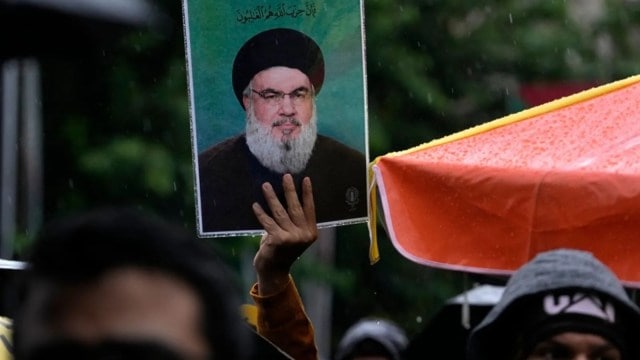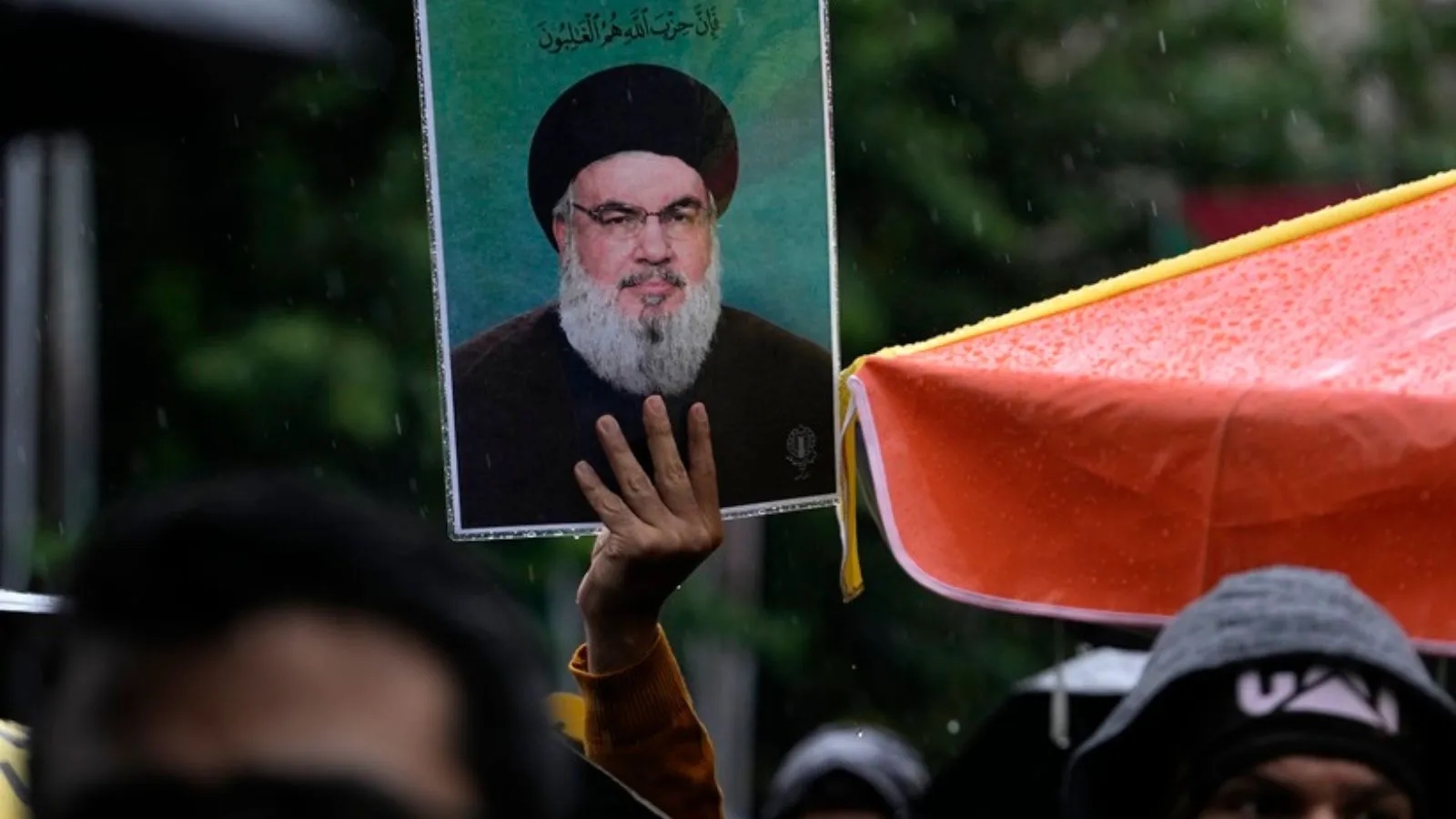
Within 10 days of September 17-18, when Israel remotely triggered explosions of hundreds of communication devices used by Hezbollah cadres and civilians in Lebanon, leading to thousands of casualties, Hezbollah chief Hassan Nasrallah was killed in an airstrike in southern Beirut by Israeli forces. Amid continuing aerial attacks, Western media has reported that Israel may soon begin a limited ground offensive into southern Lebanon to dominate the terrain so that Hezbollah is unable to pound northern Israel. This could help bring back over 60,000 civilians to northern Israel from where they were displaced soon after the October 7 attacks by Hamas, on account of Hezbollah’s aerial attacks. The ceasefire talks on Gaza seem stuck, while another war between Israel and Lebanon appears possible. The series of tactical wins for Israel concerning Hezbollah is unlikely to end the cycle of violence between Israel and the Iran-led “Axis of Resistance”.
More than 11 months into the war on Hamas, over 100 hostages are yet to be freed. In a recent operation in Gaza, using a new tactic, Hamas killed six hostages just before they could be reached by Israeli forces, causing major outrage in Israel against the government. The forces have started operations in parts of the West Bank too. The Yemen-based Houthis have attacked commercial vessels in the Red Sea, despite US-led reactive and pre-emptive strikes on land and sea-based resources of the Houthis. In mid-September, a hypersonic missile fired by the Houthis from 2,000 km away hit Tel Aviv, causing major panic.
Among the multiple fronts, it’s the northern front bordering Lebanon that has become a big worry for Israel. Since October 7, Hezbollah and Israeli forces have been engaged in aerial attacks across the border. Though the displacement of thousands of civilians from the north happened quite early on in this conflict, until recently, the Israeli government had not formally declared a return of these people as one of its objectives in the broader conflict. Domestic pressure has been growing on the government, which is seen as “failing” to get back all the hostages despite military operations against a non-state actor like Hamas.
It has been widely discussed by experts that Hezbollah’s strength was always rated to be much more than that of Hamas and that a direct war with Hezbollah could also bleed Israel, even if the latter had an upper hand. The recent spectacular attacks jeopardising communications and targeting the top leadership of Hezbollah are hi-tech attempts at “taming” the group to show a “big” victory to its people, while the war in Gaza could continue up until the US elections to gauge the level of support Israel could expect from the new president.
However, there are several “unknowns” in this broader conflict that may derail all calculations. Hezbollah is known to be a highly organised group and may throw up an ideologue as a new undeclared leader, while operational commanders may remain under the radar to avoid being targeted. This has become a new tactic for big groups. For instance, after the killing of its chief, Ayman al-Zawahiri, in Kabul in July 2022, al Qaeda has not yet named its new chief. The new crop of younger operational commanders of Hezbollah may turn out to be more passionate about revenge and bigger risk-takers.
The deployment of ground troops in southern Lebanon would present serious force protection issues for Israel, even if aerial attacks by Hezbollah pause for a while. Apart from Gaza and the West Bank, Israeli troops could also get bogged down on Lebanese soil. It may be recalled that after the killing of Osama Bin Laden in Pakistan in May 2011, it took the US more than 10 years to pull all its troops out of Afghanistan. Does Israel have the capacity to do so? Would the Axis of Resistance not find ways to counter these tactical wins in a manner difficult to fathom at the moment?
The chaos in the Middle East is surfacing in distant lands, too. On September 8, the French General Directorate for Internal Security announced the arrests of a French-Algerian dual citizen and his partner for attempting to execute an Iran-backed plot to assassinate seven individuals, probably all Jewish/Israeli, across Paris, Munich and Berlin. The asymmetric warfare of the broader combat engulfing the Middle East is likely to intensify across the region and far beyond.
Iran is holding fire following the killing of Hamas political chief Ismail Haniyeh in Tehran a day after the inauguration of the Iranian President in July, which signals strategic patience. The US and Iran have “indirectly” coordinated their words and moves since October 7 to avoid going to war with each other, with the latter helping prevent attacks on US bases and personnel across Syria and Iraq. The region has also not polarised along Shia-Sunni lines, whereby Sunni Palestinians are being supported by Shia Iran and all its Shia allies, Houthis, Hezbollah and groups across Iraq and Syria. The deep humanitarian crisis in Gaza and the expansion of the war to Lebanon have made it near-impossible for Sunni Arab States to participate in any Israel-led informal alliance against Iran and its allies.
The security risk for Israel itself has increased since the killing of Nasrallah on September 27, which has also been marked by Moody’s degrading Israel’s credit rating, the second time in this war, from A2 to Baa1, citing “significantly intensified geopolitical risk” with consequences for Israel’s creditworthiness. The Middle East has entered a much more dangerous escalatory phase where no single actor can restore peace.
The writer is a security analyst and former Director General of Police



